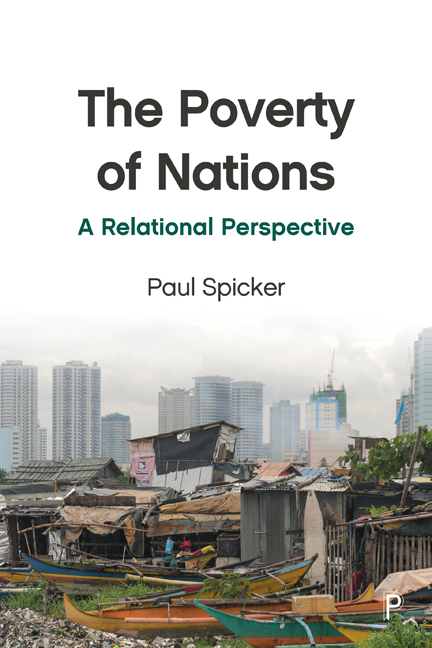Summary
A major part of the discussion of the relational aspects of poverty has been the discussion of inequalities, and there have been several points in the argument so far which have referred to inequality rather than poverty. Inequality refers to social disadvantage. Most of us have some things about us that distinguish us from other people – age, gender or ethnicity are examples – but difference alone does not imply that people are unequal. Disadvantage might reflect difference, but it implies much more: it implies that rights, opportunities or resources are available to some and denied to others. When we say that people are unequal, we mean not that they are different, but that some of them are disadvantaged. In the same way, an argument for equality is not an argument for the obliteration of differences, but for the removal of disadvantage.
Inequality is fundamentally a relational concept, and several key forms of relational disadvantage have provided the main focus for its discussion in sociology. The most important are class, status and power. Class refers primarily to economic position. In marxist terms, class is defined by people's relationship to the means of production; in a Weberian sense, it refers to people with a common economic position or set of circumstances. Status is seen variously as referring to the structure of social identity, a form of social honour, as a set of roles; for Weber, status ‘is in the main conditioned as well as expressed through a specific style of life’. Relationships of power are more difficult to summarise: while many writers treat power in a political sense, as the ability to change or influence others, Foucault treats power as manysided, changing the way that people behave in relation to each other. The position of poor people is not necessarily one where they are wholly powerless, but often they may find themselves embedded in vertical power structures where they are beholden to patrons, political clientelism and local elites.
Class, status and power are manifested in relation to social divisions and differences: common inequalities are found in relation to poverty, race or ethnicity, and gender.
- Type
- Chapter
- Information
- The Poverty of NationsA Relational Perspective, pp. 67 - 76Publisher: Bristol University PressPrint publication year: 2020



